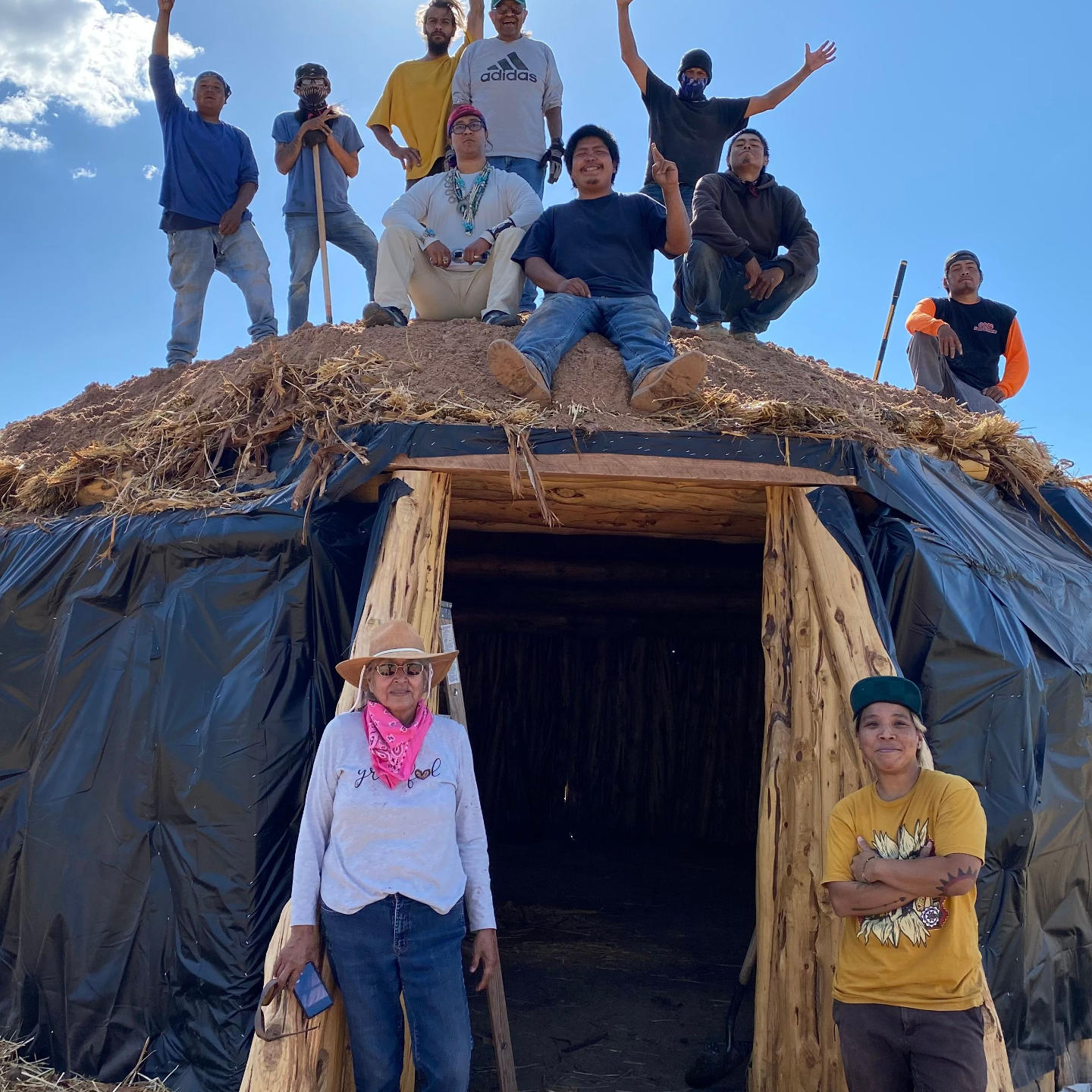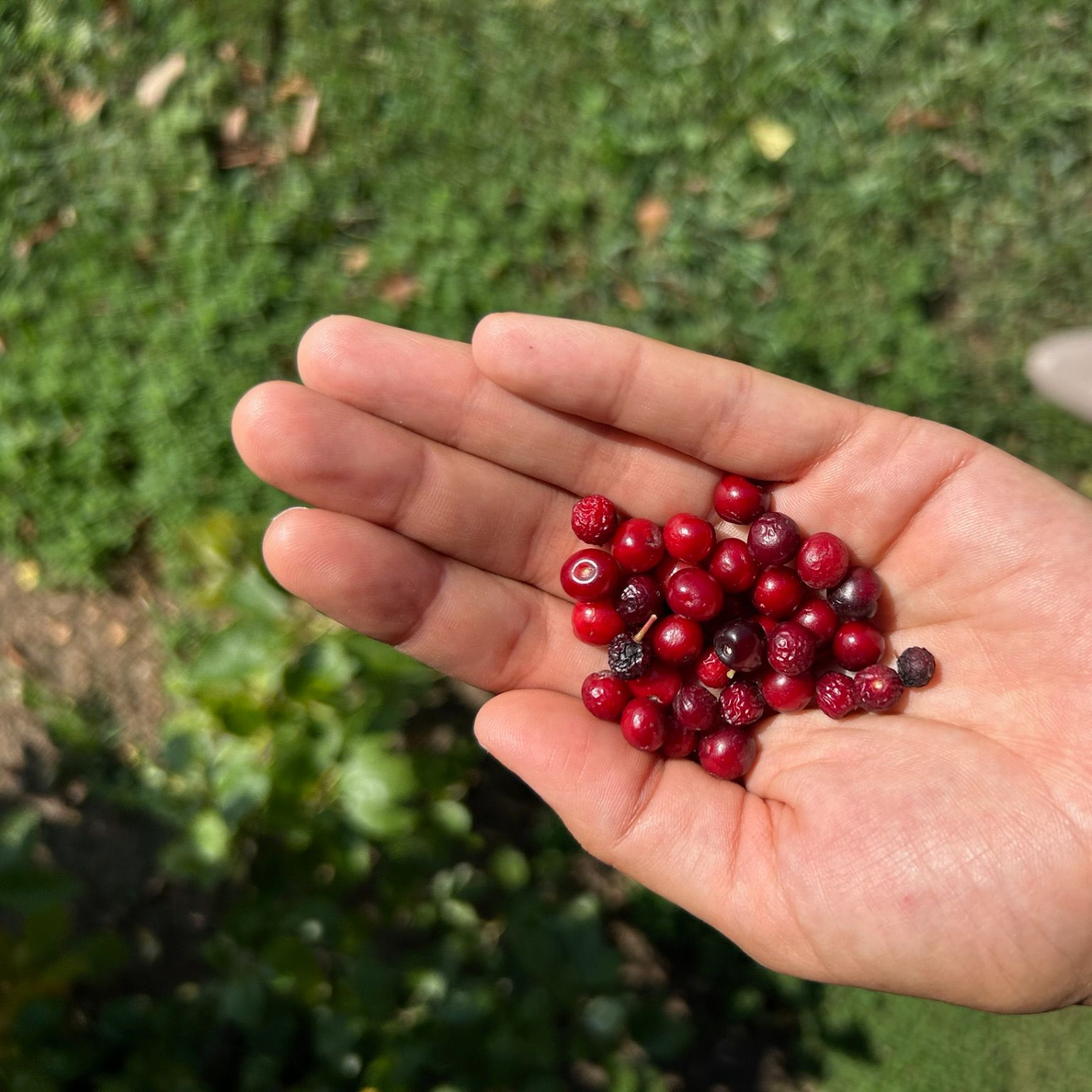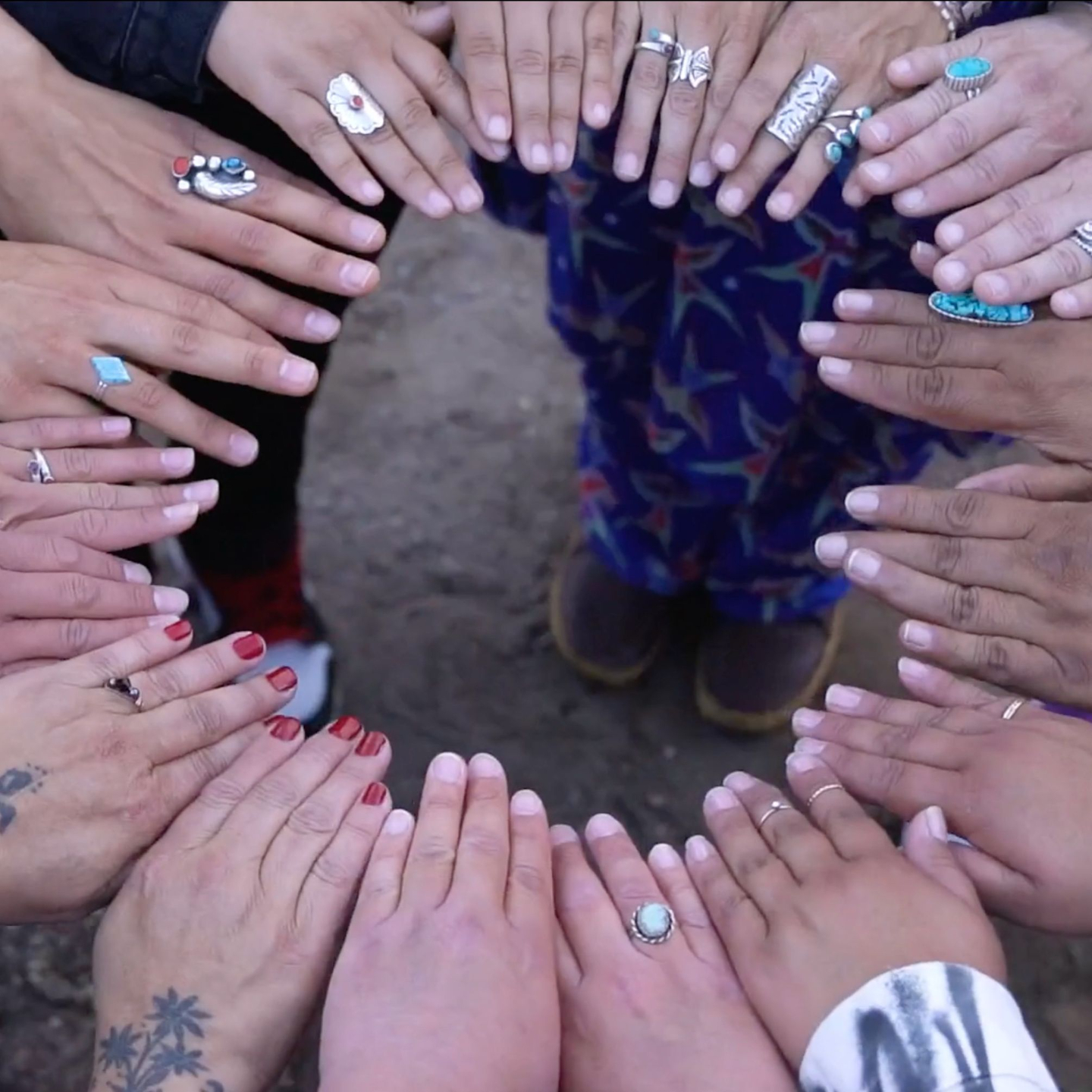
Building Solidarity with
Indigenous Communities, 101
Course Overview
Join a community of change makers working to heal Mother Earth! We need more and more alliances, more and more collaborations. With so much at stake, Native Nations have oceans of ecological and social solutions to offer the world. We need people to learn from and join our struggles to protect Life on Earth.
But first, we can de-program the ways we are consciously and unconsciously trained to approach Native Nations in the wrong way (e.g. extractivism, tokenization, romanticization, and co-optation).
Through this course you will attain the basic training needed to approach Native communities in a good way, establishing kinship-based relationships of meaningful solidarity, and maintaining them in a joyful and successful way.
In this introductory course, we will:
- Explore different guest speakers’ views on how to be in solidarity with Indigenous communities
- Become confident approaching Indigenous Peoples and communities in a kinship-minded way
- Learn how to maintain relationships with Native Nations in a lifelong process of solidarity/mutuality
- Unlearn common mistakes and replace with proper protocols on how to connect with Indigenous communities
- Receive a resource guides of readings, videos, and podcasts to help us move forward successfully
- Explore and reconnect with our own Indigenous roots and identity to approach Indigenous communities with a "full cup"
- Gain inspiring kinship with like-minded instructors and peers to kickstart our solidarity efforts
Register now to receive recordings, resources, and access to our online community!
All are welcome to join us virtually.
This course took place live via Zoom on October 12,19, & 26, 2025. This live class may be offered again in 2026.
Modules
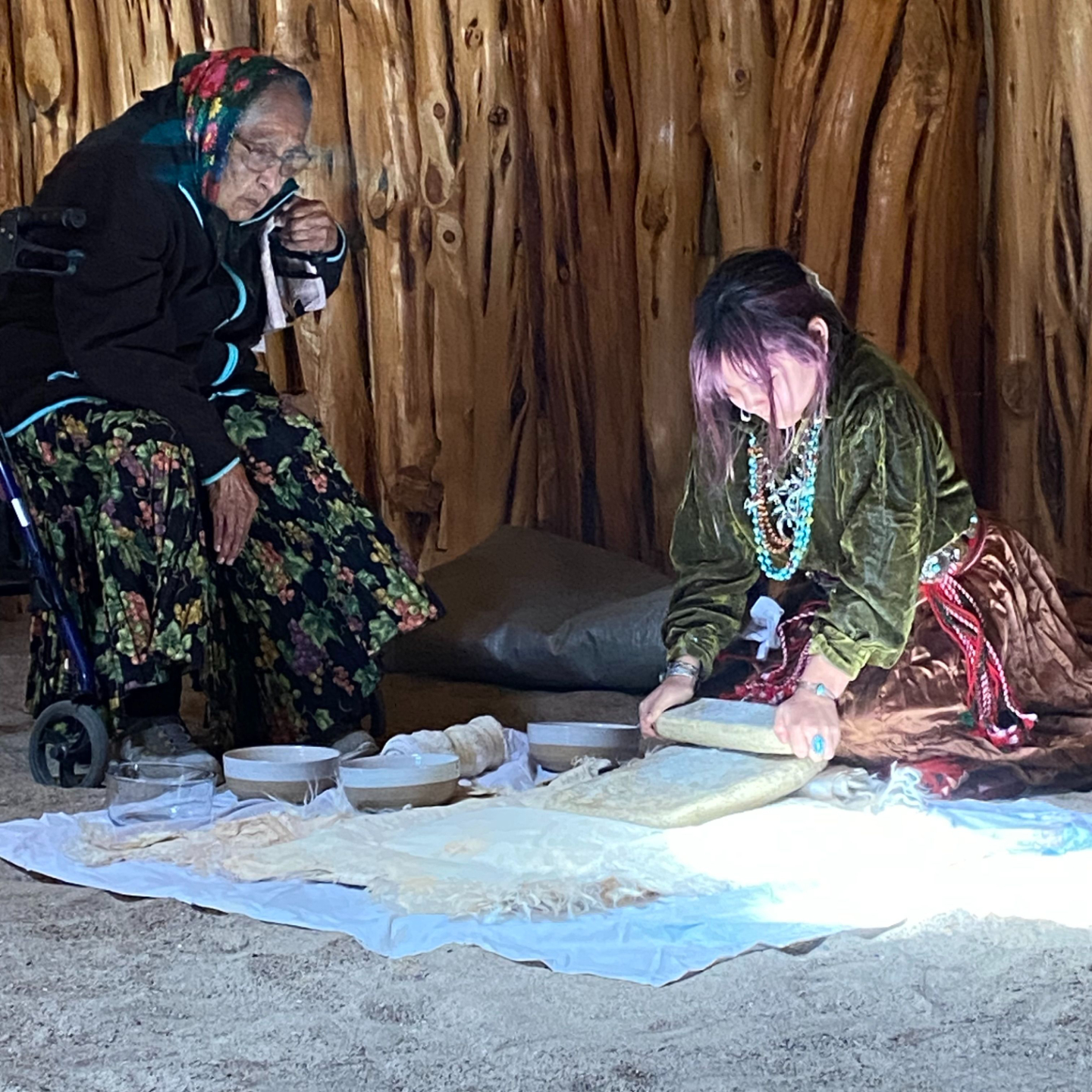
Module 1:
Unlearning
In this class, we will discuss the ways not to interact with Indigenous communities, by learning about the historical context of colonial harms. It is imperative that we understand the deeply painful history of colonial violation and extraction of Indigenous communities, and move forward from a place of self-love instead of guilt or avoidance. It is critical that we each embark on personal journeys of unlearning the conscious and unconscious beliefs that may perpetuate practices of exploitation. Unraveling the biases we may unknowingly bring into our communal efforts will prepare us to responsibly and constructively be in solidarity with Indigenous communities.
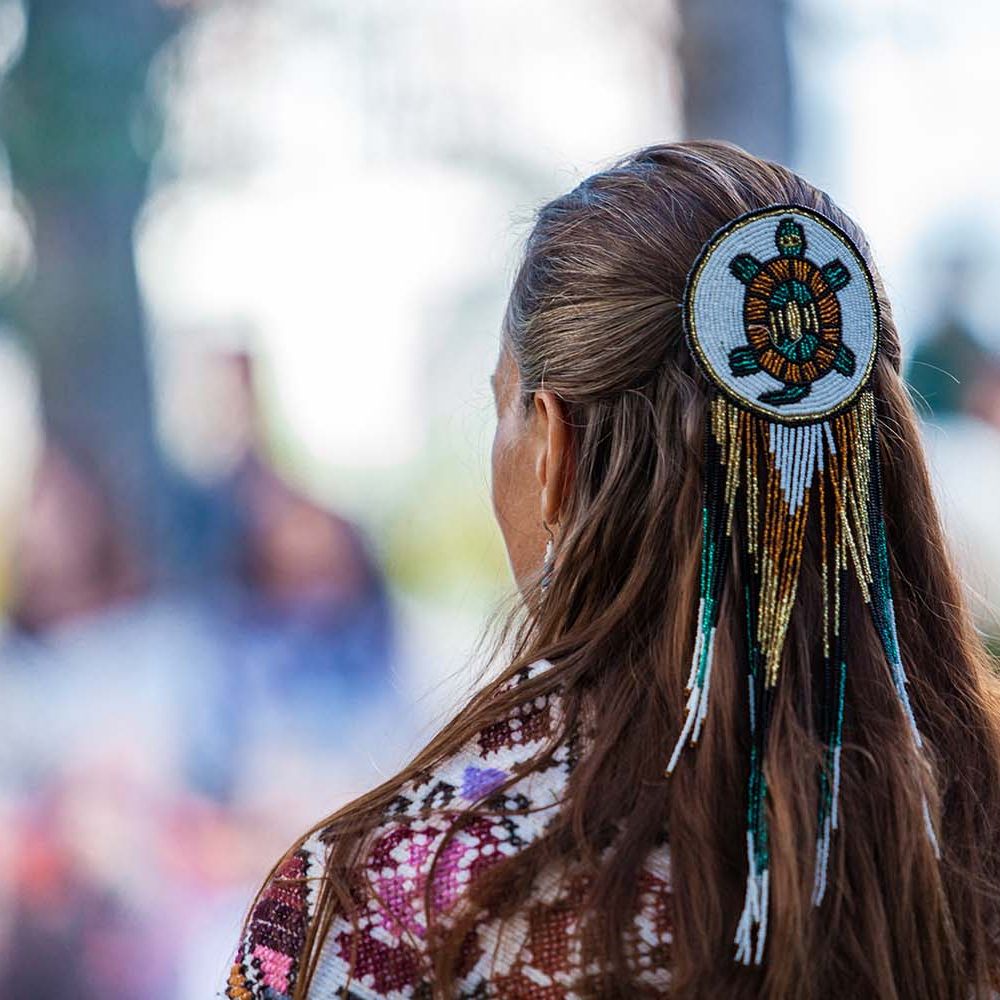
Module 2:
Learning
After “unlearning” in the first class, we will explore responsible ways that we can engage with Indigenous communities. We will discuss “protocols” and expectations that are common in many Indigenous communities, and how these may shift depending on who we are supporting. Specifically, we will look at a few case studies to see how certain Native Nations have requested to be engaged with on their own terms. We will also explore service learning vs. extractive learning— where volunteering with Indigenous communities can be a constructive avenue for learning more about Indigenous philosophies and practices. Most importantly, we will dig into our own Indigenous roots to try not to come from a place of personal “cultural deficits” or grasping for cultural belonging. We will also celebrate the #LANDBACK movement and how this movement has embodied successful solidarity.

Module 3:
The Road Map
In Module 3, we will distill all of the unlearning and learning into a clear step-by-step process for working with Indigenous communities in a non-colonial way. We give this road map to prepare students for powerful and successful collaboration, which places each unique Native community in the “driver’s seat” of how they are supported, and empowers non-Native allies to feel confident in their initial steps and relationship building process. This road map is accompanied by a set of best practices, a clear list of do’s and don’t’s, a resource guide, and preparation for diverse scenarios. Focused on reciprocity, we will explore how we can truly be allies to Indigenous relatives and collectively care for Mother Earth.
Building Solidarity with Indigenous Communities 101
Preparing for respectful engagement


